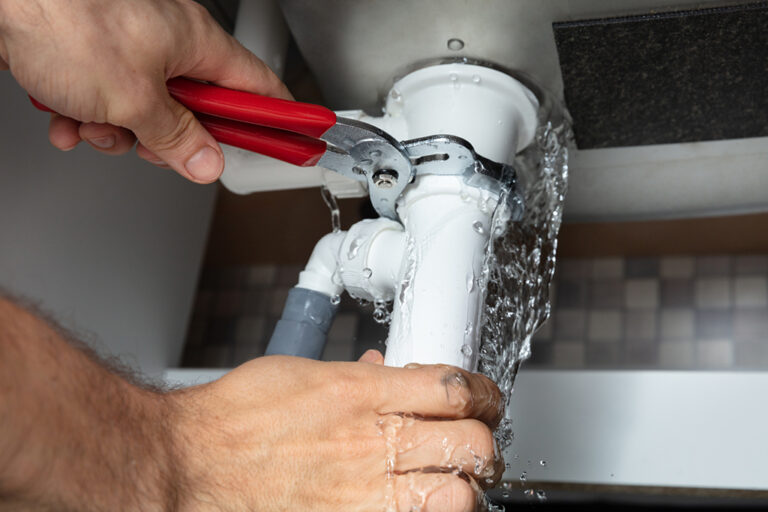Understanding how plumbers find slab leaks is essential for homeowners, particularly those interested in maintaining their plumbing systems effectively. When it comes to slab leaks, early detection is key to preventing extensive damage and costly repairs in your home. In this article, we will explore the various techniques and technologies plumbers use to identify these hidden leaks.

What Are Slab Leaks?
Before delving into how plumbers find slab leaks, it’s crucial to understand what slab leaks are. They occur when the plumbing pipes beneath your home’s concrete foundation develop leaks. These leaks can lead to water seepage, structural damage, and even mold growth if left unaddressed.
Causes of Slab Leaks
Slab leaks can result from several factors, including:
- Poor pipe installation Incorrect installation can lead to pipe corrosion and eventual leaks.
- Natural wear and tear Over time, pipes deteriorate, leading to leaks.
- Soil movement Changes in soil conditions can shift pipes, causing them to crack.
Signs of a Slab Leak
Detecting a slab leak early can save you from significant damage. Here are some common signs to watch for:
- Unexplained increase in water bills A sudden spike in your water bill could indicate a leak.
- Warm or wet spots on floors These can be signs of water leakage beneath the slab.
- Low water pressure Reduced water pressure may signal a leak in your plumbing system.
Methods Used by Plumbers to Detect Slab Leaks
Plumbers employ various techniques to detect slab leaks accurately. These methods help pinpoint the source of the leak and determine the best course of action for repairs.
Acoustic Leak Detection
This technique involves using specialized listening devices to detect the sound of water escaping from pipes. Plumbers use sensitive microphones and headphones to amplify the sound, helping them identify the leak’s location.
Thermal Imaging
Thermal imaging cameras are used to detect temperature variations in the floor, which can indicate the presence of a leak. This non-invasive method is highly effective in locating leaks without causing damage to your property.
Pressure Testing
Plumbers perform pressure tests by isolating sections of the plumbing system and checking for drops in pressure. A decrease in pressure can indicate a leak in that section, allowing plumbers to focus their efforts on a specific area.
Electronic Leak Detection
This method involves using electronic sensors to detect moisture levels and locate leaks. The sensors send signals to specialized equipment, which helps pinpoint the problem area.
Preventing Slab Leaks
While understanding how plumbers find slab leaks is crucial, prevention is always better than cure. Regular maintenance and inspections can help you avoid the hassle and expense of slab leak repairs.
Regular Plumbing Inspections
Scheduling regular plumbing inspections can help identify potential issues before they become major problems. Plumbers can assess the condition of your pipes and recommend necessary repairs or replacements.
Monitor Water Pressure
High water pressure can strain your plumbing system, increasing the risk of leaks. Installing a pressure regulator can help maintain safe water pressure levels in your home.
Check for Foundation Cracks
Regularly inspect your home’s foundation for cracks or signs of shifting. Addressing these issues promptly can prevent further damage to your plumbing system.
For additional strategies on water damage prevention, check out this water damage prevention guide.

FAQs on Slab Leaks
What is the cost of repairing a slab leak?
The cost varies depending on the severity of the leak and the repair method used. On average, repairs can range from a few hundred to several thousand dollars.
Can slab leaks cause structural damage?
Yes, if left unaddressed, slab leaks can lead to foundation damage, which can compromise the structural integrity of your home.
How long does it take to repair a slab leak?
The repair duration depends on the complexity of the leak. Simple repairs may take a few hours, while more extensive work can take several days.
For more home maintenance tips, you can explore preventing mold tips or learn about stormwater management on our website.
This article contains affiliate links. We may earn a commission at no extra cost to you.






